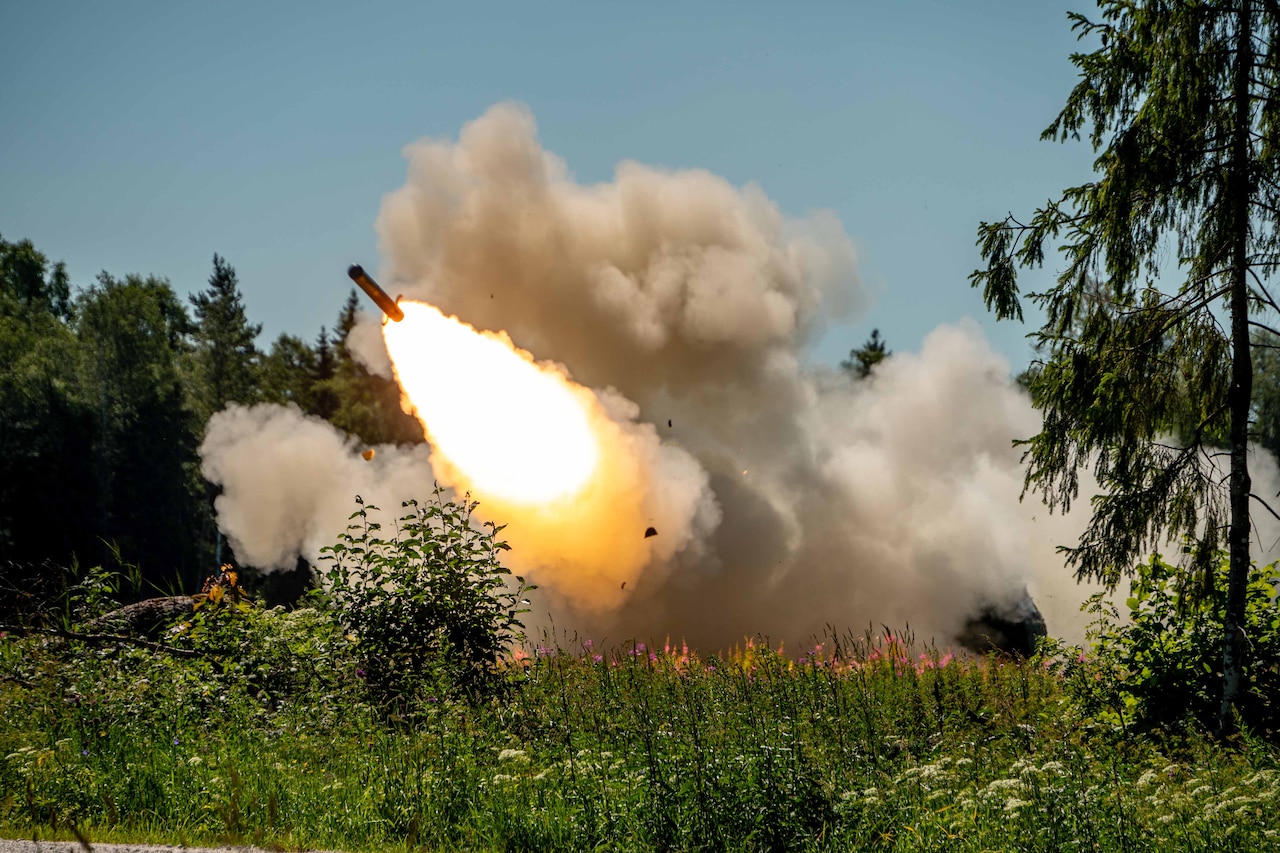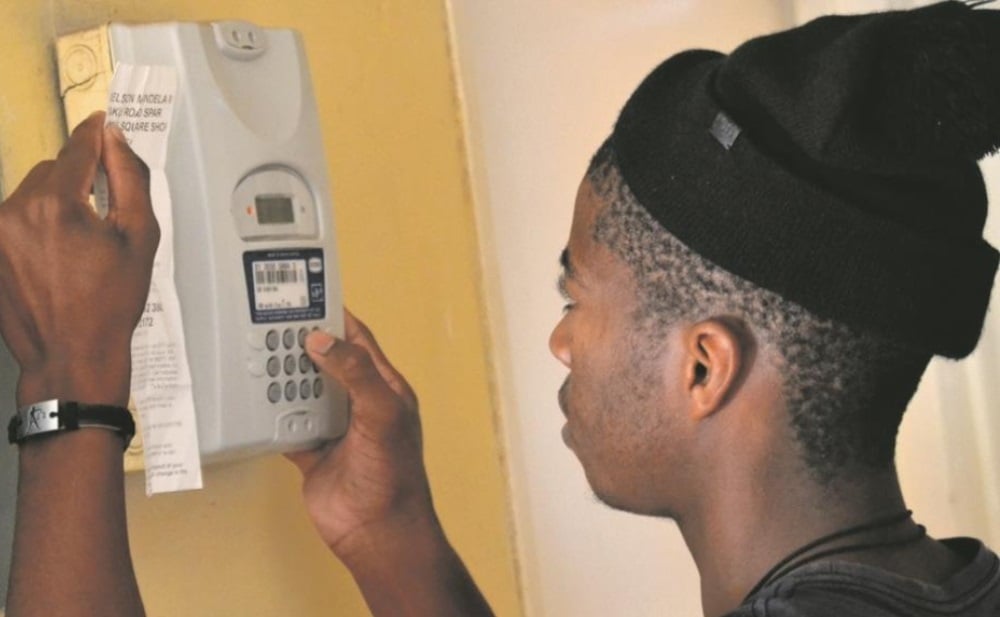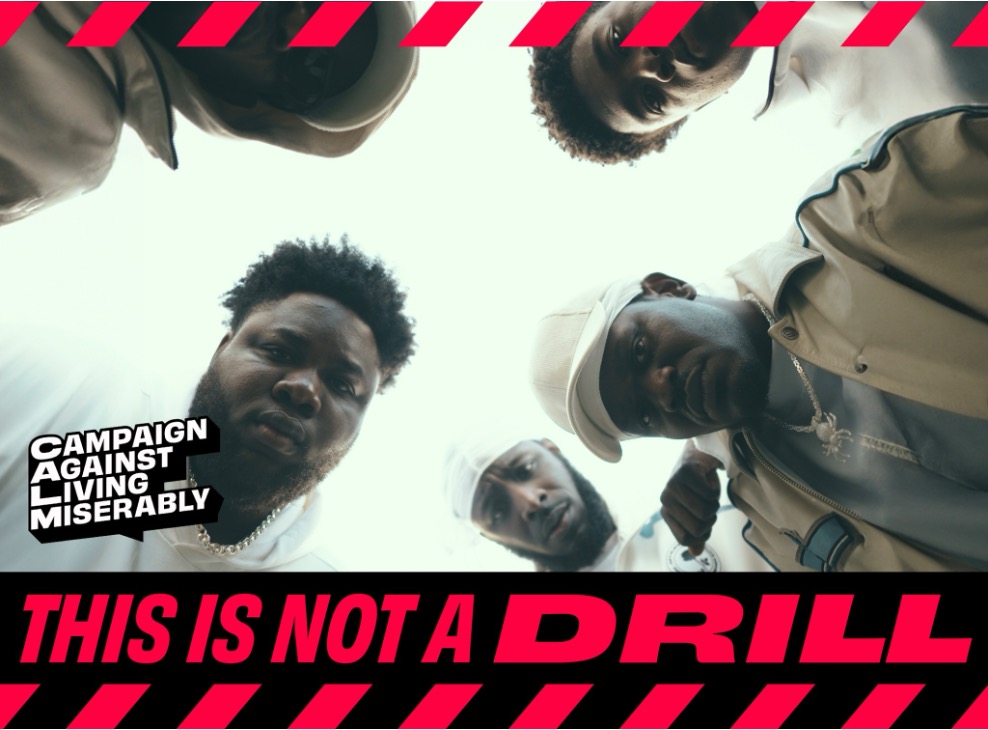President Joe Biden will host leaders of the NATO member nations in Washington this week, as the alliance celebrates its 75th anniversary in the city where the original treaty was signed.
Partner nations from the European Union, Ukraine, Japan, South Korea, Australia and New Zealand will also attend, said a senior administration official.
Ukraine’s long-term “bridge to membership” in NATO will be an important topic of discussion, along with providing Ukraine more immediate deliverables, such as air defense, training, equipment and logistics, the official said.
The longer-term discussions on NATO membership for Ukraine will focus on shoring up its defense capabilities, institution building, military interoperability with NATO, and a financial pledge for defense spending, the official said.
On the sidelines of the summit, Biden will host an event with Ukraine President Volodymyr Zelenskyy and around two dozen allies and partners who have signed bilateral security agreements with Ukraine, including the United States, the official said.
The United States will also announce new steps to strengthen Ukraine’s air defenses and other military capabilities, the official said.
Tomorrow, Biden will host an anniversary event at Washington’s Mellon Auditorium where the treaty that formed NATO was signed in 1949.
On Wednesday, Biden will welcome Sweden, the newest member of the alliance, in a meeting of NATO’s 32 leaders.
On Thursday, NATO will hold a meeting with the EU and NATO’s Indo-Pacific partners — Australia, Japan, South Korea and New Zealand — to further deepen cooperation. Later, there will be a meeting of the NATO-Ukraine Council.
During the summit, there will most likely be a strong statement from NATO condemning China’s support for Russia’s defense industrial base, which has aided Russian President Vladimir Putin’s war in Ukraine. Most of Russia’s semiconductors, as well as nitrocellulose, which is used for missile propellants, have come from Russia, the official said.
“All of this is not only fueling Russia’s war against Ukraine but is also creating a long-term challenge for European security that, obviously, our allies recognize,” the official said.





















Discussion about this post